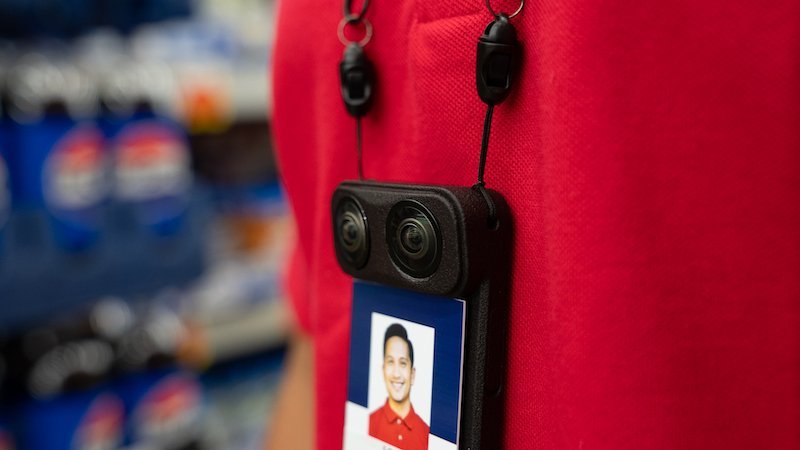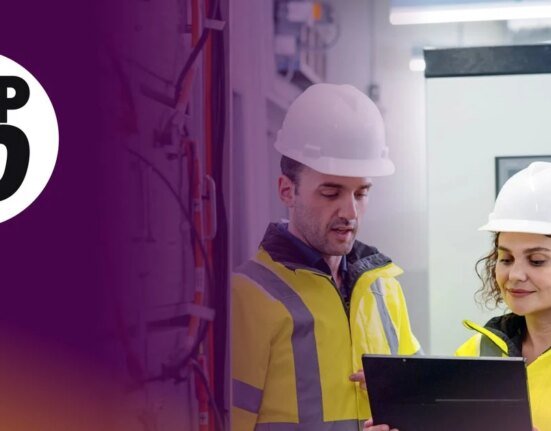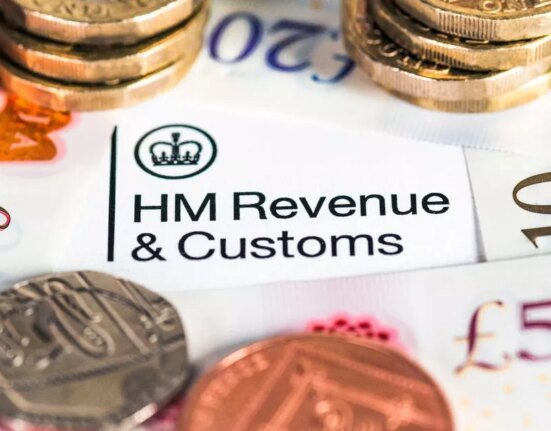RTIH gets the lowdown on Augmodo, which has developed a real-time inventory and task tracker using wearable SmartBadges to create live 3D store maps. The startup recently raised $5.3 million in seed funding led by Lerer Hippeau, with participation from Dunnhumby Ventures, NewFare Partners and Simple Food Ventures.
RTIH: Tell us about yourself and Augmodo
RF: I grew up in Idaho on a llama farm, did my undergrad at Carnegie Mellon and graduate work at MIT in 3D mapping and computer vision.
My first startup, Escher Reality, was part of Y Combinator’s 2017 class and then later that year, we were acquired by Niantic Labs, creators of the location-based game “Pokémon Go,” as their founding AR acquisition.
Augmodo builds on my passion for AR. It’s already begun to change the retail landscape, and the new advances in AR and spatial computing are about to completely transform the physical world of shopping as we know it.
Our proprietary SmartBadges are powered by a Spatial AI assistant for store associates, which recommends actions and tasks to increase efficiencies, empowering workforces to drive revenue and improve shopping experiences, making store associates even more valuable to their employers.
RTIH: What was the inspiration behind setting the company up?
RF: A few years ago, I got the idea for the business when my wife and I were trying to find baby formula during the critical shortage – we would try and order online for curbside pickup, but would be out of stock when we showed up – sometimes being substituted for skim milk.
We ended up driving around the entire Seattle area looking for it. I couldn’t believe none of the retailers had any idea what was on their shelves.
I knew the solution could be created with spatial AI computing, computer vision and real time 3D store maps – the tech needed to be passive and scalable, yet accurate and quick.
Augmodo uses a SmartBadge that associates wear around their neck to track inventory – it’s very easy-to-deploy, installed in 20 minutes and quick to charge. As associates walk through the store, the SmartBadge captures data that’s sent to retailers and brands in real-time, creating 3D planograms. It is 100 times cheaper than other options out there and collects 10 times more data.
RTIH: What has been the industry reaction thus far?
RF: Reactions have been very positive since it is an easy to adopt solution – our badges are currently in a pilot testing phase with several stores and brands and we’ve gotten a lot of interest from investors.
Our latest round of seed funding raised $5.3M, led by Lerer Hippeau, with participation from Dunnhumby Ventures, NewFare Partners and Simple Food Ventures.
We also just won the Grocery Shop startup competition – we were honoured to be chosen among so many smart startups.
RTIH: What has been your biggest challenge/setback?
RF: We had to pivot multiple times to narrow in on the right form factor to make adoption easy.
While we believe smartglasses will be impactful in retail (due to being hands free for physical work), they require too much training and change management for adoption. We also tested simple systems on a hat, but finally decided it was easiest for associates to adopt a SmartBadge™.







